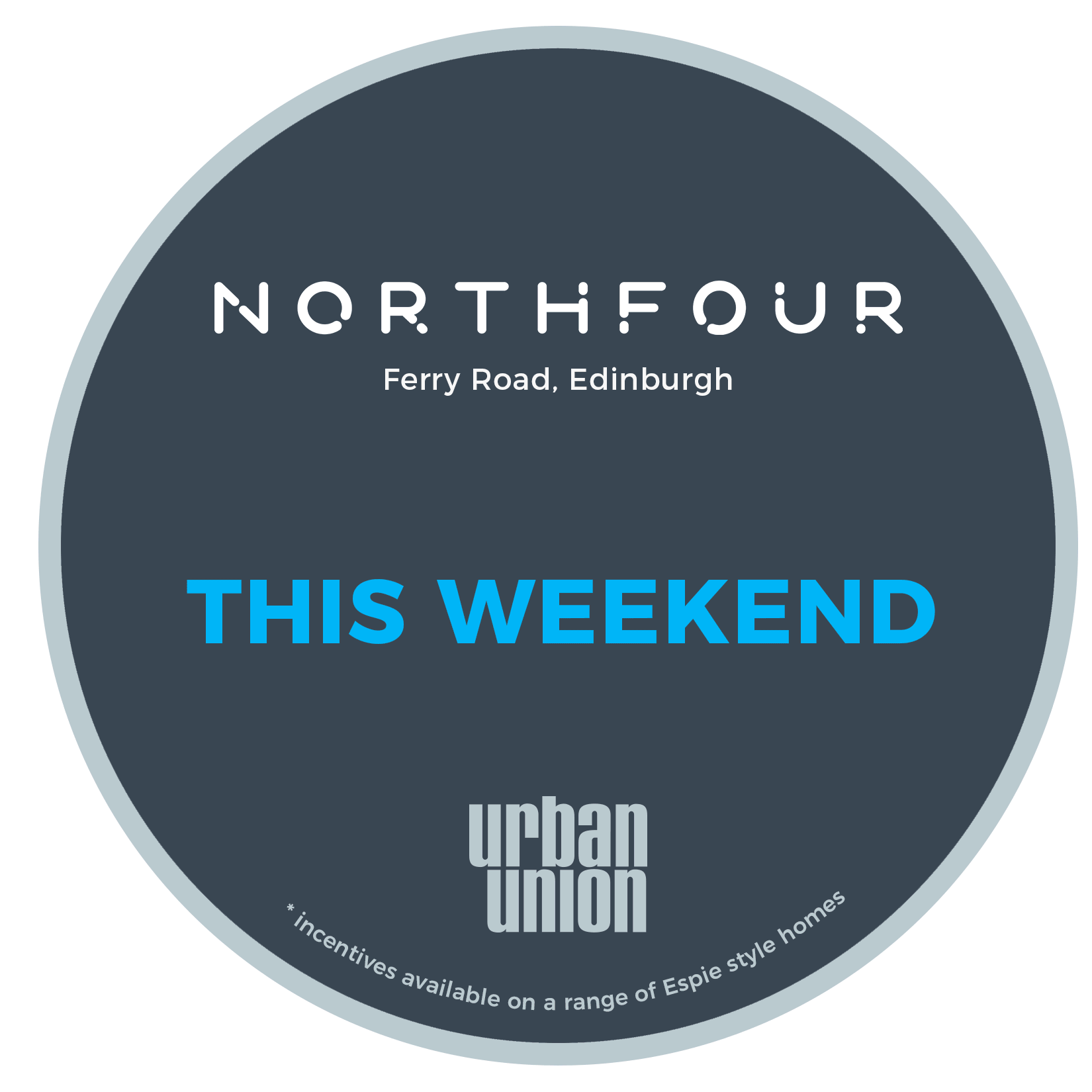Here in Scotland we are entering into phase 1 this week whereby some of the restrictions we have faced are to be eased. This includes meeting others who aren’t from your household, albeit in an outside setting.
For many of us, the past two months have been spent in the comfort of our own homes and away from some of the most common triggers of anxiety. We have been able to take stock, spend time with loved ones and take a step back from our usual work patterns.
With lockdown restrictions starting to tentatively lift, many of us could be feeling anxious about whether they will be able to readjust back to ‘normality’ and what their ‘new normal’ will look like.
A change in lifestyle may feel challenging and could lead to an increase in stress and anxiety. It’s understandable to worry about what life will be like after lockdown – including sending children to school, job security, finances or adjusting to an unfamiliar routine.
Here are some expert tips on how to cope after lockdown and during the transition.
Talk to friends and family
Talking to loved ones is important if you’re concerned about children going back to in August and speak to the school or local authority about what measures they have in place to make the transition easier. In addition, have an open conversation with employers about their plans for a phased return to normal. Whatever your concerns, talking to your friends and family can really help to ease the burden and let them know how you’re feeling in order to provide reassurance and support. You may also find that you’re not alone.
Plan things you enjoy
It may take time to get back to certain activities such as sports, shopping, holidays and more, but a simple way to tackle anxiety is to plan ahead and make a list of things that you can do – friends you want to see, places you can visit and restaurants or cafes you can dine at. Organising things like this with family and friends will give you something to look forward to.
Establish a routine
If you’ve been working from home and spending more time with people in your household, your daily life has probably settled into a more relaxed pattern. As we head towards lockdown being eased, try and get back to a routine to make the transition a little easier. Head to bed earlier, get up before you’d be due to leave for school and work, keep to regular mealtimes and set a routine for exercise.
Get moving
It’s well known that exercise can boost your mood, help you deal with stress, tackle depression and reduce anxiety. Whether you are going for a bike ride, doing an online class, a fitness DVD or even a brisk walk in the park, getting moving and increasing your endorphins is one of the best ways to help with post lockdown anxiety.
Try to limit your news intake
While it’s important to keep abreast of the news it’s also important to take a break from watching or reading about the Coronovirus pandemic. Turn to reliable resources, avoid fake news on social media and don’t read too many opinion pieces or speculation. You can also take a tech break a day a week to take a step back and get some perspective.
Instead try to do something that’s mood-boosting such as baking, drawing, reading, gardening or walking.


